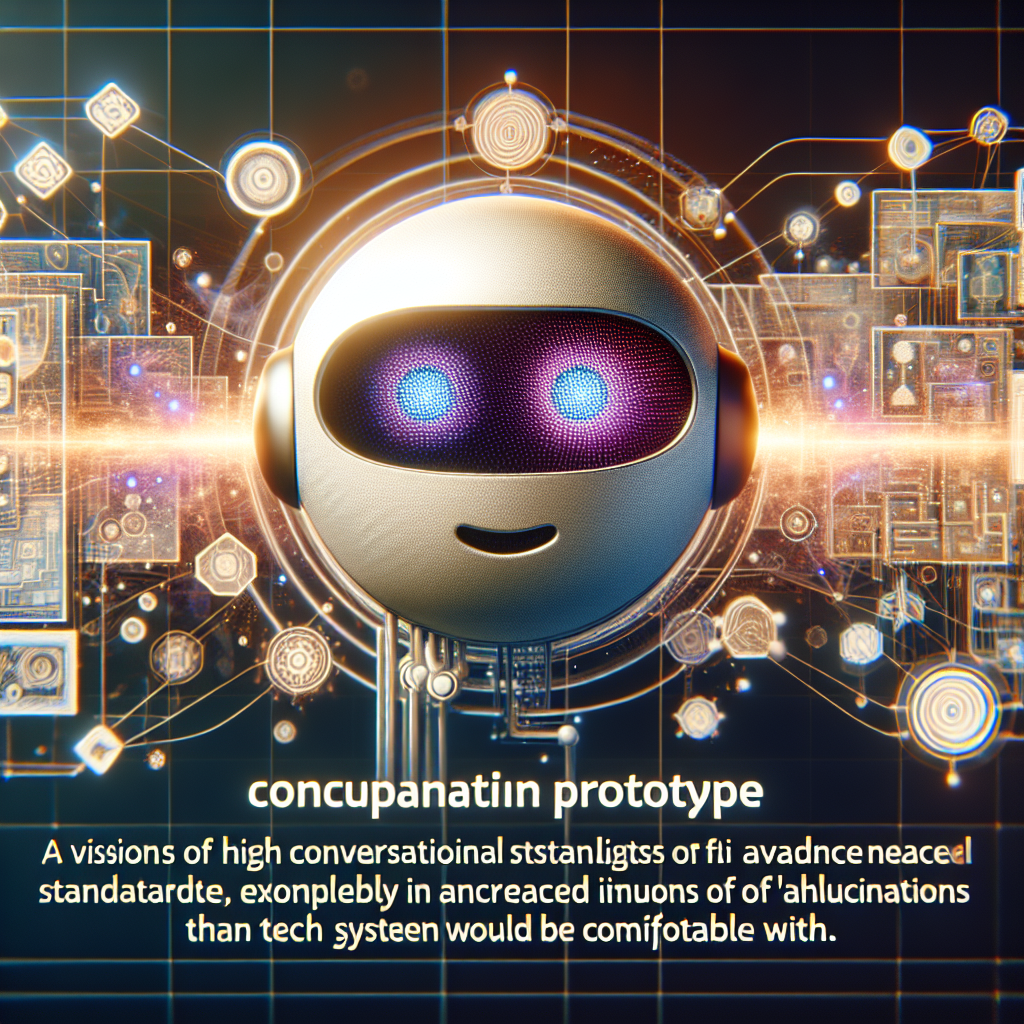Apple’s AI Breakthrough: The Future of Siri
Apple is allegedly on the brink of a groundbreaking advancement in artificial intelligence, particularly concerning its voice assistant, Siri. Recent reports indicate that Apple has been rigorously testing extensive large language models (LLMs) that are set to significantly boost Siri’s features. However, despite these advancements, internal conflicts and technical hurdles have postponed the deployment of these innovative models.
The Force Driving Siri’s Enhanced Intelligence
Apple has been discreetly developing AI frameworks that are far more advanced than the existing on-device Apple Intelligence utilized in its devices. Whereas the current models encompass about 3 billion parameters, Apple is experimenting with models containing as many as 150 billion parameters. This remarkable increase in parameters facilitates a more in-depth comprehension and generation of language, bringing Siri’s performance closer to that of leading AIs like ChatGPT.
Cloud-Based Solutions vs. On-Device Performance
The principal distinction between these cutting-edge models and Apple’s ongoing offerings is their dependence on cloud computing. While existing models are crafted to function on-device to safeguard user privacy and minimize latency, the more robust versions rely on cloud capabilities. This transition unlocks enhanced computational strength and the chance for more intricate interactions, though it raises privacy concerns and the necessity for uninterrupted internet access.
The Dilemma of AI Hallucinations
As Apple stretches the limits of its AI’s potential, it encounters the crucial challenge of AI hallucinations—situations where the AI produces erroneous or nonsensical data. Reports suggest that Apple is being cautious about launching its new Siri Chatbot due to these hallucinations, which could jeopardize user faith if not properly managed.
Internal Conflicts and Ideological Divides
The postponement of these advanced AI models isn’t solely attributed to technical challenges. Sources indicate that there is a division among Apple’s executives regarding the suitable timing and circumstances for the launch. Some leaders are wary of the likelihood of hallucinations, while others are enthusiastic about releasing the new technology to keep pace with other tech leaders.
Influence on Upcoming Product Announcements
This internal conflict may influence Apple’s future announcements. Speculation suggests that there will be fewer updates regarding Apple Intelligence at the Worldwide Developers Conference (WWDC) than previously anticipated. However, significant announcements, including updates to the Mac, iPhone, and iPad interfaces, are expected to reflect insights gained from the development of the Apple Vision Pro.
Closing Thoughts
Apple’s progress in AI, especially concerning Siri, represents a crucial point in the evolution of voice assistants. While the technology offers great potential, the obstacles posed by AI hallucinations and internal disagreements have hindered its launch. As the tech community eagerly anticipates further announcements, Apple remains dedicated to enhancing its AI capabilities, ensuring both creativity and dependability.
Questions & Answers
Q1: What are AI hallucinations?
AI hallucinations refer to occurrences when a model produces information that is inaccurate or illogical, potentially deceiving users.
Q2: Why does Apple opt for on-device AI models?
Apple prefers on-device models to improve user privacy and decrease latency, as data processing happens locally rather than via cloud.
Q3: How do the new AI models stack up against current ones?
The new models are drastically more potent, featuring up to 150 billion parameters compared to the existing 3 billion, permitting more advanced language processing.
Q4: What concerns exist regarding the release of the new Siri Chatbot?
Concerns include the risk of AI hallucinations and internal disputes among executives about the readiness of the technology.
Q5: How might these developments impact Apple’s product announcements?
There may be fewer AI-related updates at WWDC, but significant interface redesigns for other products are likely to be announced.